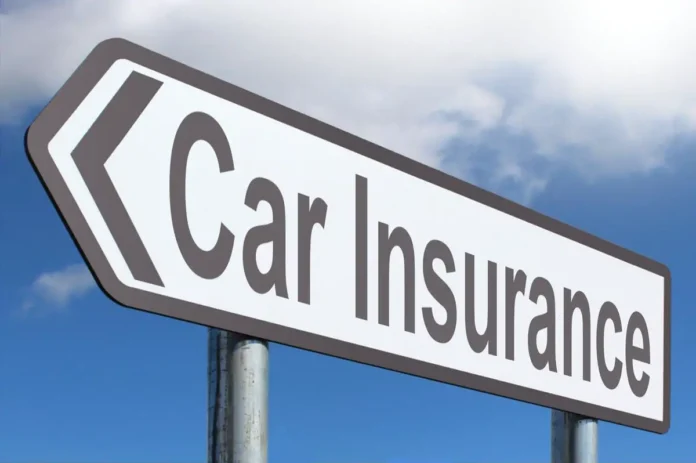Last Updated on January 15, 2026 by Rida Gul
Before purchasing a new vehicle, you need to understand the different types of car insurance coverage available. Liability insurance covers damages and injuries caused to others if the policyholder is at fault. Collision insurance covers repairs or replacement of the vehicle if it is damaged in an accident. Comprehensive insurance covers damages from non-collision events like theft, fire or natural disasters. Uninsured and underinsured motorist coverage protects against drivers who lack adequate insurance. Knowing these options helps make an informed decision.
Table of Contents
Comparing Insurance Quotes
Finding the right car insurance is an integral part of looking for a new Ford for sale. Shopping around for car insurance quotes can save money and ensure adequate coverage. Different insurers offer varying rates and discounts, so it’s important to compare multiple quotes. Use online comparison tools to evaluate different policies. Consider the coverage limits, deductibles and any additional features or benefits when comparing. Ensure the chosen policy meets your personal needs and your budget.
Considering Deductibles and Premiums
Understanding the relationship between deductibles and premiums can help you manage insurance costs. A deductible is the amount paid out of pocket before the insurance kicks in. Higher deductibles typically result in lower premiums, while lower deductibles mean higher premiums. If you have the money to cover a higher deductible, it can reduce your monthly insurance costs. However, a lower deductible might be preferable for those who want to minimize out-of-pocket expenses after an accident.
Exploring Discounts
Many insurers offer various discounts that can lower premiums, including those for safe driving, bundling multiple policies or having safety features in the vehicle. Some insurers offer discounts for good students or for completing a defensive driving course. Ask insurers about available discounts and eligibility requirements.
Reviewing Policy Details Carefully
Considering Long-Term Costs
Reading the fine print of an insurance policy is essential before making a purchase. Pay attention to the coverage limits, exclusions and conditions. Understand what is covered and what is not to avoid surprises later. Clarify any questions with the insurance agent before signing up. Thoroughly reviewing the policy details ensures comprehensive protection and avoids potential issues in the future.
When buying a new vehicle, consider the long-term insurance costs. Some vehicles are more expensive to insure due to higher repair costs or theft rates. Contact insurers for quotes on the specific make and model being considered. This helps estimate the ongoing insurance expenses and plan the budget accordingly. Balancing the vehicle’s purchase price with its insurance costs ensures financial preparedness.
Evaluating Customer Support
Good customer support promotes a positive insurance experience. Check if the insurer offers 24/7 customer service and has a user-friendly claims process. Quick and efficient claims handling can make a significant difference after an accident. Evaluate the insurer’s communication channels, such as phone, email or online chat. Reliable customer support ensures help is available when needed.
Making an Informed Decision
Choosing the right car insurance requires careful consideration of various factors. By following these tips, buyers can secure the best car insurance for their needs and enjoy peace of mind on the road.
Apart from this, if you are interested to know more about Reducing Insurance then visit our Automobile category.
















